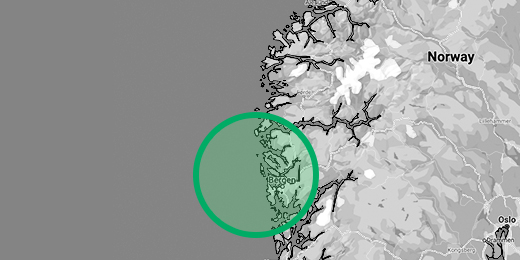Northern Lights, the world’s first cross-border carbon transport and storage facility, is now receiving and injecting CO2. The first volumes were transported through the 100-kilometre pipeline and injected into the Aurora reservoir below the seabed of the Norwegian North Sea earlier this summer.
Northern Lights is developing an open and flexible infrastructure to transport CO2 by ship from capture sites across Europe to a receiving terminal in western Norway for intermediate storage, before being transported by pipeline for safe and permanent storage in a reservoir 2,600 metres under the seabed.
With a storage capacity of 1.5 Mt of CO2 per year, this first phase of Northern Lights is establishing a commercial CCS market and supporting the decarbonization of European industry.
Joint venture partners Equinor, Shell and TotalEnergies completed the CO2 receiving and storage facilities for Phase 1 of the Northern Lights Project in 2024. The first phase of the project is fully booked including by cement company Heidelberg Materials, fertilizer company Yara and waste-to-energy plant Hafslund Celsio.
In March 2025, the partners gave the green light to the second phase of the Northern Lights project. The Phase 2 expansion, due to become operational by the second half of 2028, will more than triple capacity to at least 5 Mt per year. Phase 2 of the project will include nine additional onshore storage tanks, larger pumps, a new jetty and new electrical substation and
two new injection wells.
The investment decision to expand capacity followed a commercial agreement with the Swedish energy provider, Stockholm Exergi, for cross-border transport and storage of up to 0.9 Mt of biogenic CO2 per year.
Support from the Norwegian government has been an important contributing factor to successfully completing Phase 1. Phase 2 was made possible by investments from the Northern Lights joint venture owners as well as a grant from the Connecting Europe Facility for Energy funding scheme.

